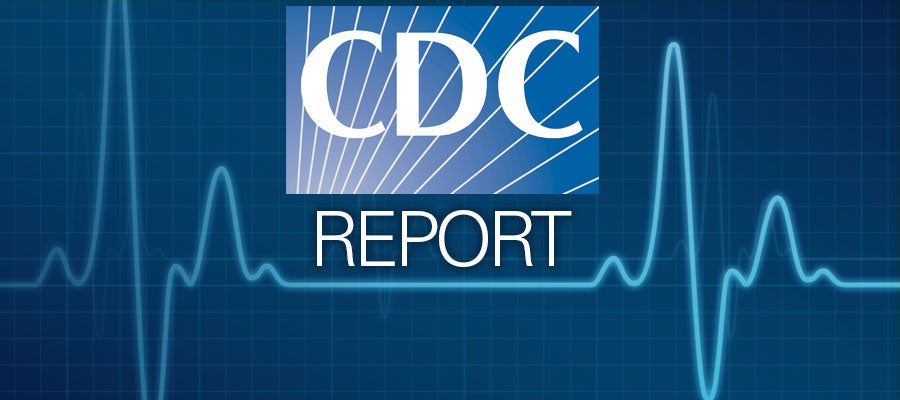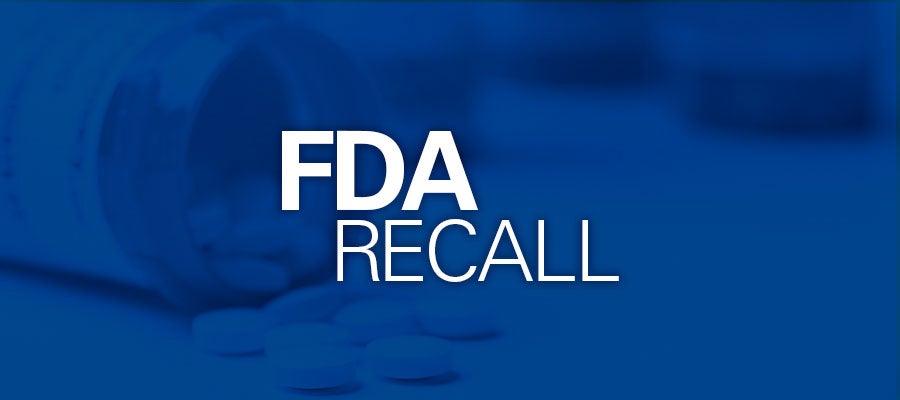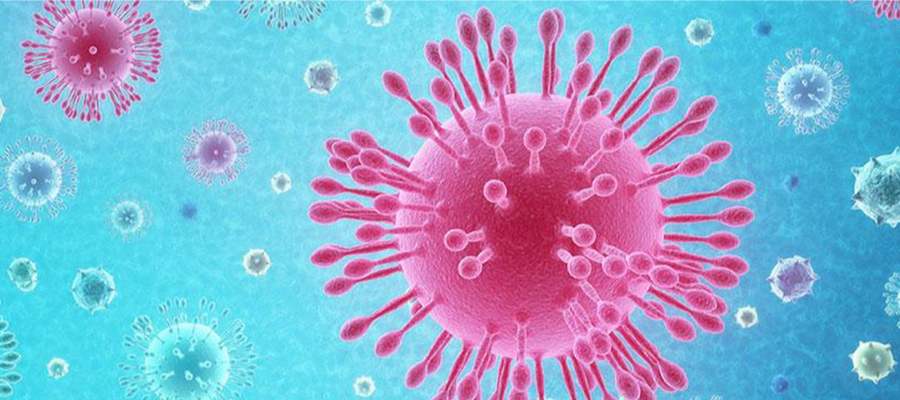The RAND Corporation last week released the third edition of its hospital price transparency study, which once again missed the mark with its flawed methodology, writes Aaron Wesolowski, AHA vice president for policy research, analytics and strategy, in the AHA Stat Blog.








